Reality TV - from The Rehearsal to Love Island to The Traitors - blurs the line between fiction and reality. While often seen as lowbrow, our other modes of storytelling that blur this line, namely myth, are considered some of our deepest, most profound stories. Philosopher Karen Simecek argues that when it comes to storytelling truth is far from the most important aspect. Fiction allows us to discover what is meaningful to us, whether that thing is based in reality or not.
“Popular reality TV show exposed as fake in shocking behind-the-scenes video ... and fans aren't happy.” Headlines like this have become commonplace since the early 2000s, when shows like Big Brother helped launch the global reality TV boom. Viewers often express concern over whether what they’re watching is real or fake. But this raises a deeper question: why do we care – and should we? Sometimes, of course, the concern is ethical: viewers are right to be troubled by the mistreatment of contestants. But more often, the outrage stems from feeling deceived and worries that what they thought they learned or felt in response to the show was based on a lie.
Shows like Love Island, The Bachelor, and Pop Idol have all faced scrutiny over their authenticity. The impulse to ‘expose’ reality TV as fake suggests we place high value on the idea of ‘realness’. But what exactly is at stake in whether something is real or fictional? Philosopher Colin Radford (1975) explores this question in his discussion of the paradox of fiction. He asks us to imagine being moved on hearing a tragic and harrowing account, only to be told it’s not true. He writes:
“If the account had caused you to grieve, you could not continue to grieve. If ... you were told and believed that it was false this would make tears impossible, unless they were tears of rage. If you learned later that the account was false, you would feel that in being moved to tears you had been fooled, duped.”
And so here’s the paradox: we change our emotional response upon learning that we falsely believed the story to be true but when we knowingly engage with a story we believe to be untrue we allow ourselves to respond freely and deeply to the fiction. This paradox may then be the key to understanding our experiences of reality TV: Why do we feel cheated when we discover something we believed was real is actually scripted – yet willingly engage emotionally with fiction when we know it’s invented?
___
The impulse to ‘expose’ reality TV as fake suggests we place high value on the idea of ‘realness’. But what exactly is at stake in whether something is real or fictional?
___







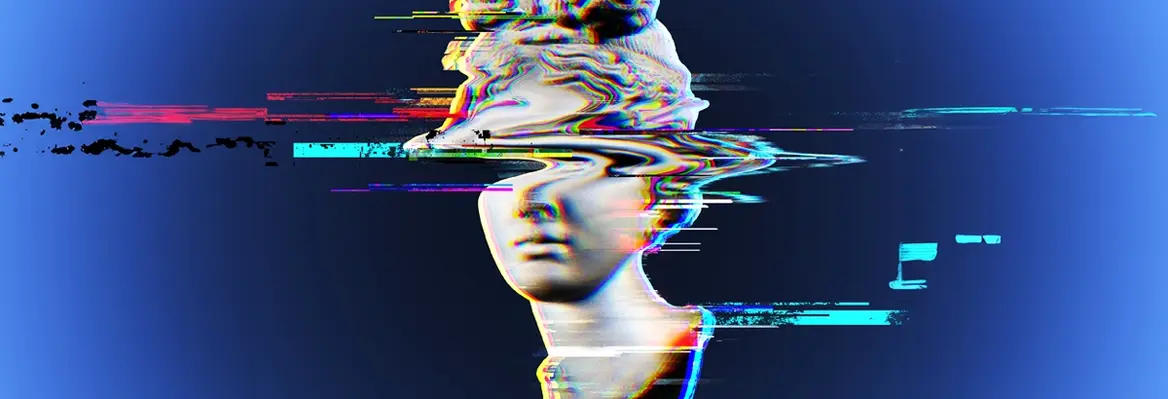


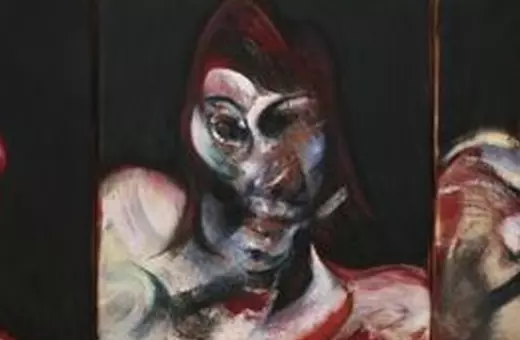

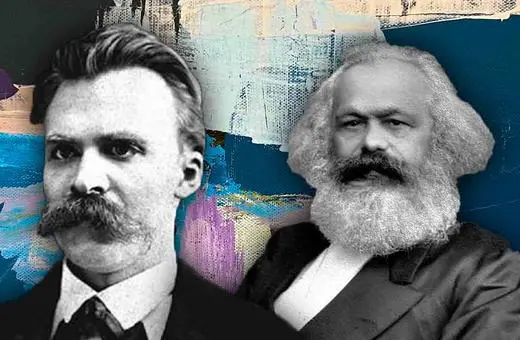
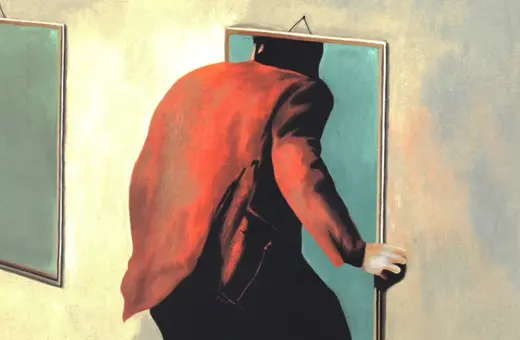
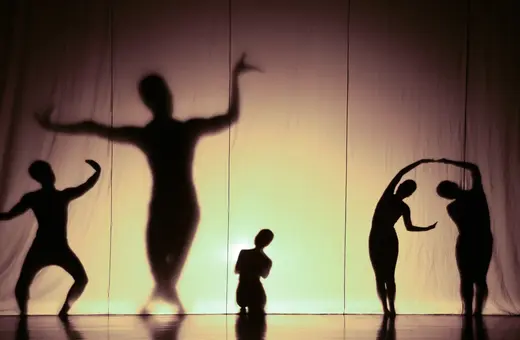
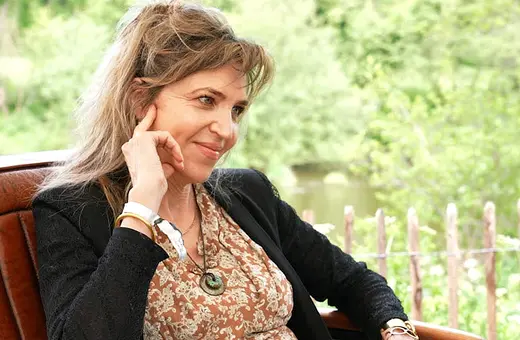
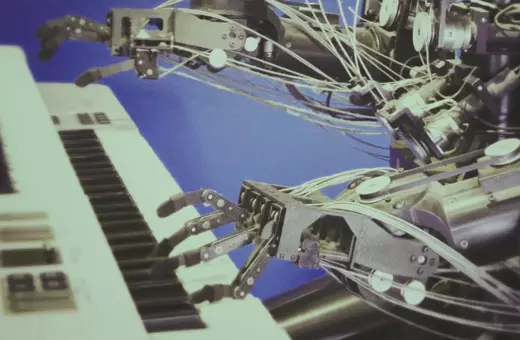
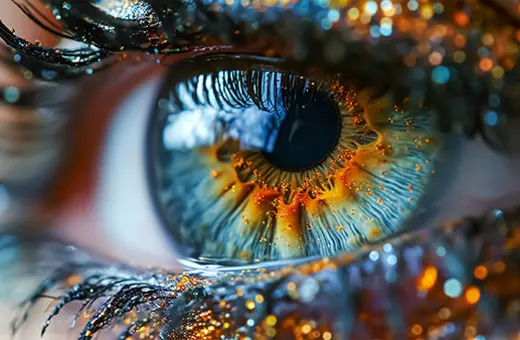



Join the conversation